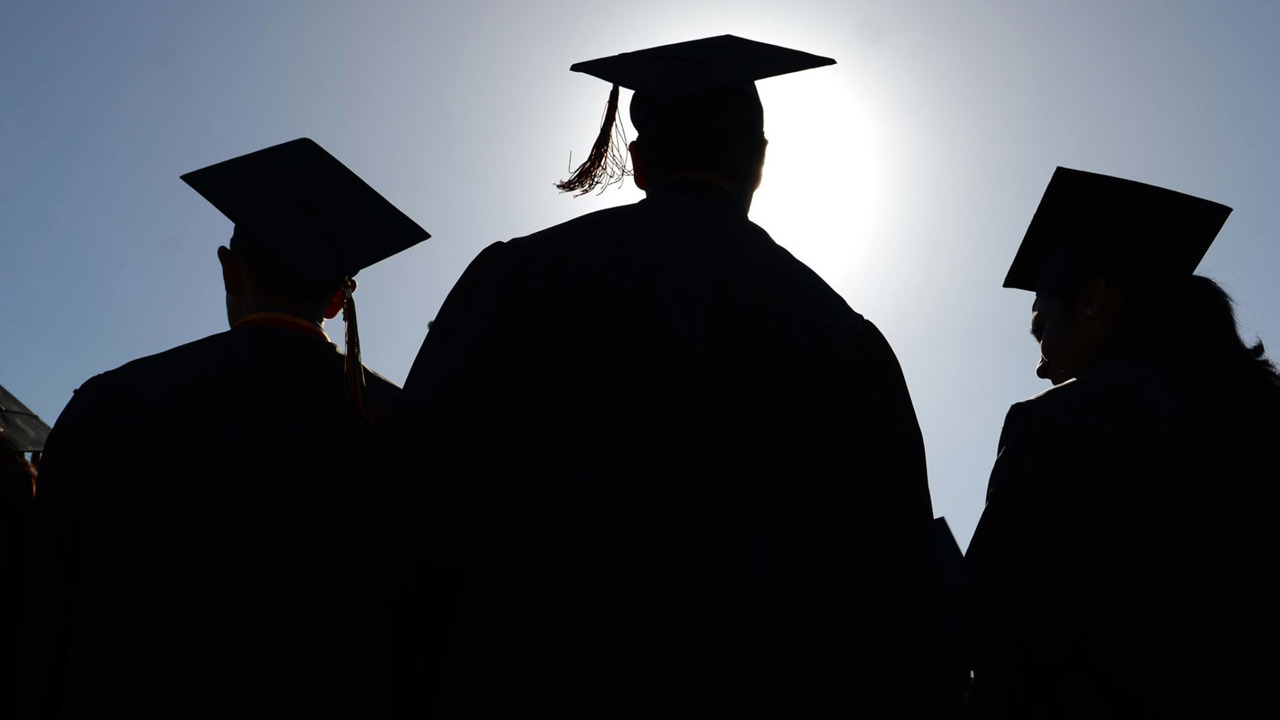Crumbling states, terrorism, energy and environmental crises, global poverty, flight and migration: At the beginning of the 21st century, the international community is confronted with a multitude of interrelated challenges that blur the traditional boundaries between security and development policy. The realization that peace and development, that stability and prosperity are mutually dependent, is important in current international political and academic debates, but must be developed specifically with a view to the formation of scientific theories, the conception of political strategies and their implementation.
The task of the international doctoral program “Security and Development in the 21st Century” is to analyze current global challenges and to develop approaches to solutions and strategies for dealing with complex conflict and crisis situations. The college consists of domestic and foreign doctoral candidates who receive a scholarship from the Konrad-Adenauer-Stiftung through the promotion of a doctorate. It brings renowned scientists and practitioners together and enables doctoral students to corroborate their theses in the field of tension between theory and practice as well as in a continuous personal exchange.
Here you will find more information on the objectives and the thematic classification of the doctoral program “Security and Development in the 21st Century”.
Target audience
The college is aimed at socially and / or politically committed young academics. It includes German and foreign graduates with above-average study results in the field of social sciences and humanities, in particular the disciplines of political science, regional science, cultural studies, international law, economics and sociology.
Financial support
The financial support is € 1,350 per month over a standard period of up to three years. Further supplements (family, children, stays abroad) are granted as with regular doctoral funding.
Non-material support
For the fellows, the college professors under the direction of Prof. Dr. Beate Neuss is offered an accompanying academic curriculum, the participation of which is compulsory. Every year two to three meetings of the college take place in Germany and one or two meetings abroad. Participation in the regular non-material funding program for doctoral funding takes place in parallel.
Career advancement
As of 2019, the doctoral college will be linked to the “Vocational College for International Politics and Economics”. The colleagues have the opportunity to find out about the professional fields, professional requirements and career opportunities in European and international politics “first hand”. The range of career advancement offers also includes targeted preparation for individual selection procedures, e.g. from the Federal Foreign Office and the European institutions.
canditature
Interested parties can apply by January 15th or July 15th of each year. Please submit your application at campus.kas.de. Please upload the required documents and a brief letter of motivation (max. One page) there. The lingua franca of the doctoral program is German. Applicants can prove their German language skills by means of an examination or graduation certificate from a university in Germany or a language certificate at level C1 of the Common European Framework of Reference (GER). Very good knowledge of English is required.
Information on application and funding can be found on the website with the regular guidelines for doctoral funding.
